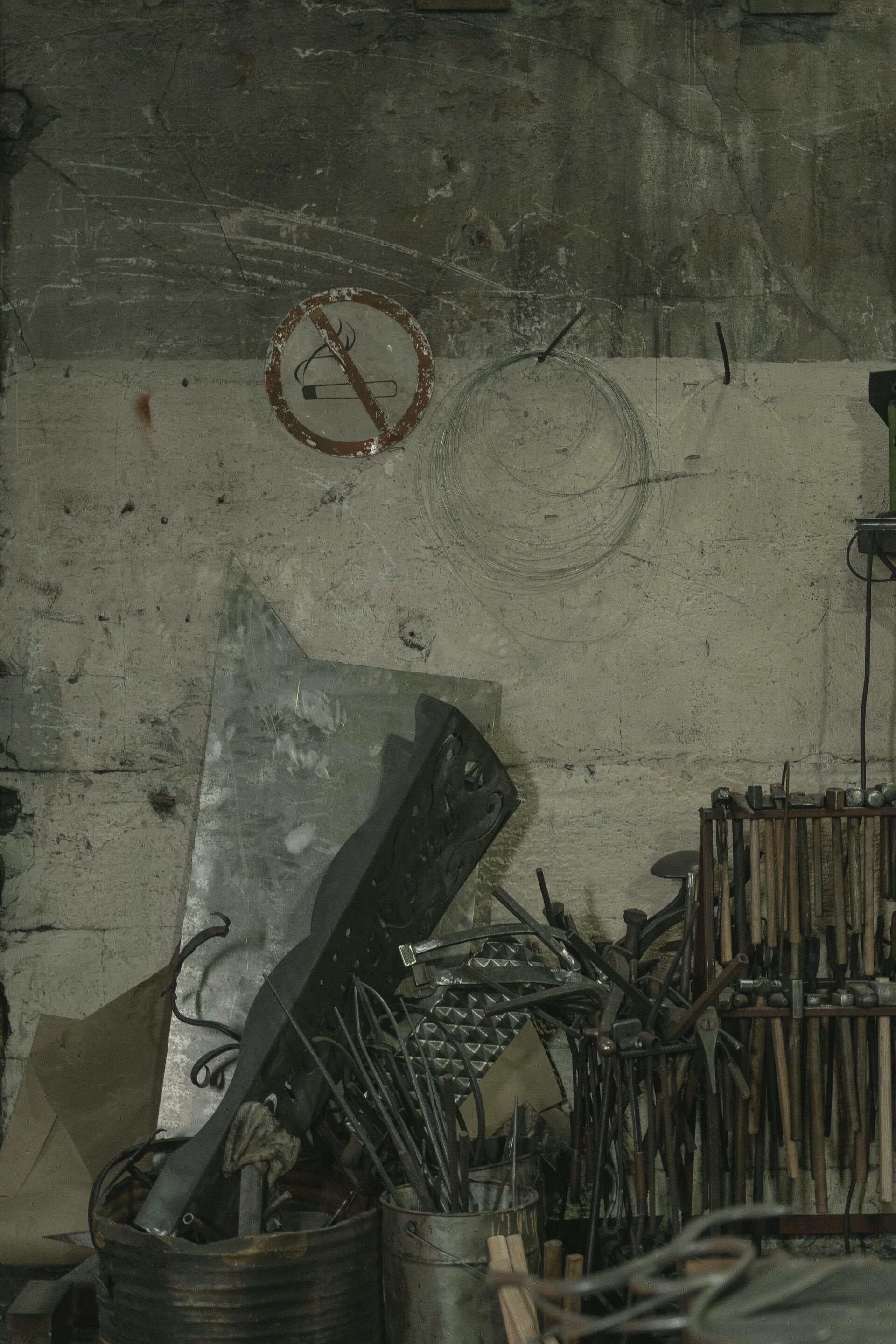Clean Orbits vs Junked Orbits
Explore the crucial difference between clean and junked orbits, and why maintaining clean orbits is vital for the future of space exploration and technology.

The Importance of Clean Orbits
Keeping orbits clean matters for everyone. Clean orbits make it safer for satellites and space missions to work properly and help our technology on Earth stay reliable. Some areas, like the Boötes Void, are naturally clean. Understanding this helps everyone see why taking care of space is important. Having a clean orbit is crucial to prevent a "Kessler Syndrome" which is a cascade of collisions that could render near-Earth space unusable.

What Helps Keep an Orbit Clean:
Keeping an orbit orbits clean involves preventing the creation of new space debris through responsible satellite design, such as incorporating "deorbiting" mechanisms, and using active removal technologies to clear existing junk. Active methods include magnetic capture, nets, or robotic arms on "space tugs" to deorbit dead satellites, while ground-based lasers can nudge debris out of the way. This debris then burns up in the atmosphere which is better than it hitting Earth, but it still creates pollution by releasing methane gases (they severely harm our planet).

Clean vs. Junked: A Comparison
Clean orbits and junked orbits are very different. Clean orbits make space safer and more efficient, while junked orbits create serious risks that could grow worse if action isn’t taken. The comparison highlights why taking care of space is so important. Junked orbits can become so serious over time that the orbit can become unusable, which puts all space missions in serious jeopardy.
Learn More and Take Action
Space junk isn’t just something “up there” far away. It can affect technology, communications, and scientific research that we rely on every day. Learn more, think about why it matters, and share the information with others. Support sustainable space practices and help make a difference!



Create Your Own Website With Webador